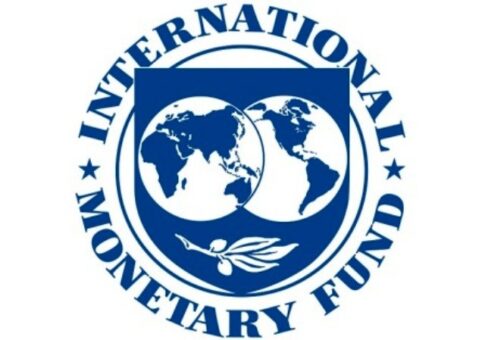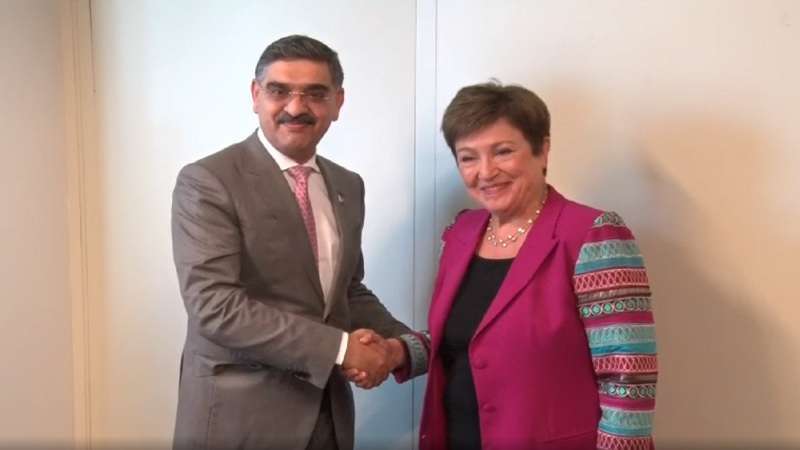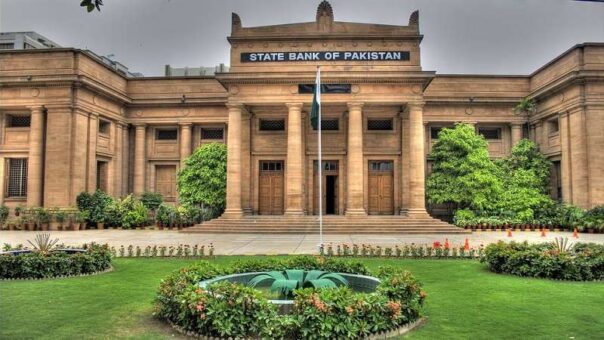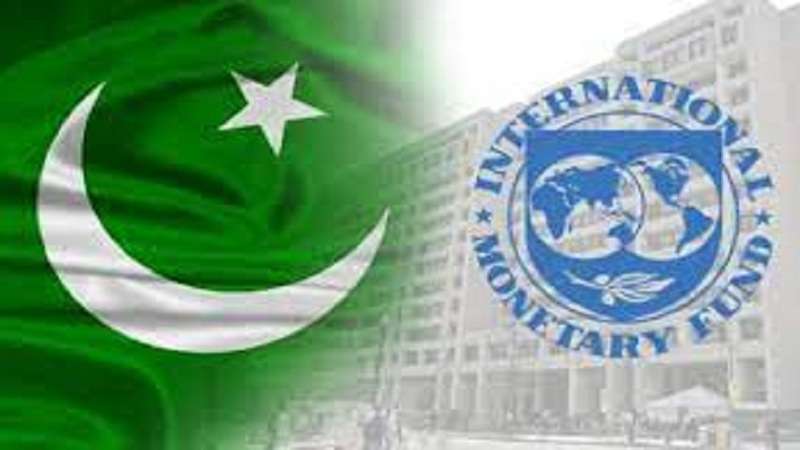Karachi, November 16, 2023 – The Federation of Pakistan Chambers of Commerce and Industry (FPCCI) has called on the government to formulate a comprehensive strategy to emancipate itself from the International Monetary Fund (IMF).
(more…)Tag: IMF
This tag provides stories related to IMF. Pakistan Revenue is committed to provide all updated related to IMF stories on Pakistan.
-

IMF Reaches Agreement with Pakistan on First Review of $3 Billion Stabilization Program
Washington, DC, November 15, 2023 – The International Monetary Fund (IMF) disclosed on Wednesday that it has successfully reached a staff-level agreement (SLA) with Pakistani authorities on the first review of their stabilization program. The program, backed by the IMF’s $3 billion Stand by Arrangement (SBA), aims to bolster Pakistan’s economic stability.
(more…) -

IMF Commends Pakistan for Achieving Fiscal Targets
Islamabad, November 3, 2023 – In a significant development, the International Monetary Fund (IMF) has commended Pakistan for its successful progress in achieving targets during the first quarter of the fiscal year 2023-24.
(more…) -

Pakistan Briefs IMF on Economic Stabilization Measures
Islamabad, September 21, 2023 – Pakistan’s caretaker Prime Minister, Anwaar-ul-Haq Kakar, met with International Monetary Fund (IMF) Managing Director Kristalina Georgieva in New York on the sidelines of the 78th UN General Assembly session to discuss the measures taken by the government to stabilize the country’s economy.
(more…) -

Pakistani Banks Face Sovereign Risk amid Rising Government Debt: IMF Report
Karachi, July 20, 2023 – Pakistani banks are exposed to sovereign risk due to the escalating levels of government debt, warned a report issued by the International Monetary Fund (IMF).
(more…) -

SBP Commits Not to Launch New Refinancing Schemes, IMF Country Report States
Karachi, July 20, 2023 – The State Bank of Pakistan (SBP) has made a commitment not to introduce new refinancing schemes, according to the latest country report on Pakistan issued by the International Monetary Fund (IMF).
(more…) -

Pakistan Plans New Trading Platform for Spot Transactions
Karachi, July 19, 2023 – Pakistan is set to establish a new trading platform for spot exchange rate transactions, as part of its commitment to the International Monetary Fund (IMF).
(more…) -

FBR Obliged to Share Large Taxpayers’ Data with IMF
Karachi, July 19, 2023 – The Federal Board of Revenue (FBR) in Pakistan is mandated to share data on the total number of large taxpayers in the country with the International Monetary Fund (IMF).
(more…) -

IMF Warns of Exceptionally High Economic Risks in Pakistan
Karachi, July 18, 2023 – International Monetary Fund (IMF) issued a warning on Tuesday, stating that Pakistan faces complex and multifaceted economic challenges, with risks that are exceptionally high.
(more…)

